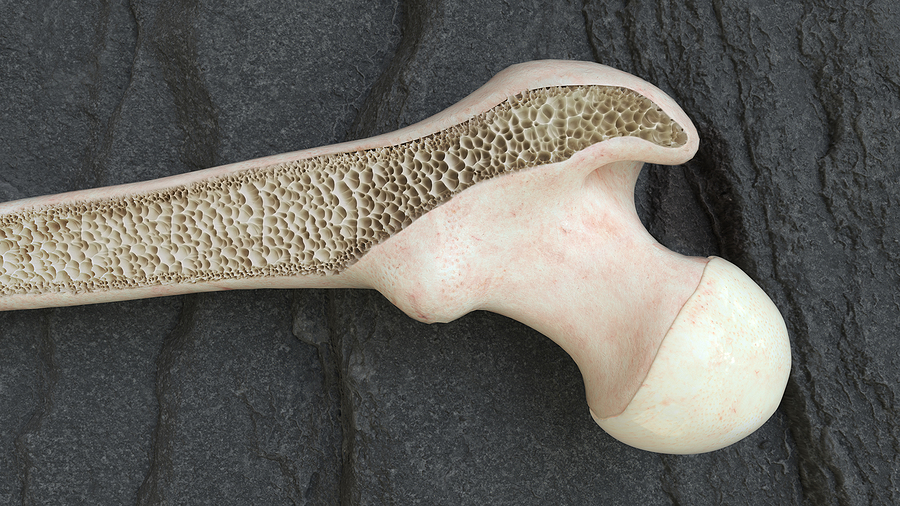As a doctor, I often come across patients who are concerned about osteoporosis. While it is not an illness in itself, it can lead to serious complications such as fractures and reduced mobility. Therefore, it is important to understand what osteoporosis is and how to prevent it.
Osteoporosis is a condition in which bones become porous and less dense, making them weaker and more likely to break. The term “osteo” refers to bones, while “porosis” means porous. When bones become porous, they lose their strength and are more likely to break, even with minor injuries. This condition is most commonly seen in postmenopausal women, but it can affect anyone.
There are various reasons why osteoporosis may occur. The most common cause is age-related bone loss, which happens naturally as we grow older. Other factors that can contribute to osteoporosis include poor nutrition, lack of physical activity, smoking, excessive alcohol consumption, and certain medical conditions such as hyperthyroidism, hyperparathyroidism, and inflammatory bowel disease.
To diagnose osteoporosis, doctors typically use a test called a DEXA scan, which measures bone density. The test compares a patient’s bone density to that of healthy young adults to determine the strength of their bones. If the bone density is lower than normal, the patient is diagnosed with osteoporosis.
Preventing osteoporosis is crucial, as there is no cure for this condition. To prevent osteoporosis, you should consume a healthy diet rich in magnesium, vitamin K and vitamin D, which are essential for bone health. Green veggies are foods high in vitamin K. It is important to have vitamin K to move extra calcium to your bones. Vitamin D can be obtained from sunlight, but it is also found in fatty fish, egg yolks, and fortified foods. Magnesium can be found supplementally, topically or orally, or found in foods like chia seeds, nuts, spinach, and beans.
Regular exercise is also essential for preventing osteoporosis. Weight-bearing exercises, such as walking, running, and weightlifting, can help build and maintain bone density. Quitting smoking and limiting alcohol consumption can also help reduce the risk of osteoporosis.
If you are at risk of osteoporosis, your doctor may recommend medications to help slow bone loss or increase bone density. However, these medications can have side effects and are not suitable for everyone.
In conclusion, osteoporosis is a common condition that can have serious consequences. However, it can be prevented with a healthy lifestyle, including a balanced diet, regular exercise, and avoiding harmful habits such as smoking and excessive alcohol consumption. If you are concerned about osteoporosis, speak to your doctor to determine your risk and develop a plan to prevent this condition.



